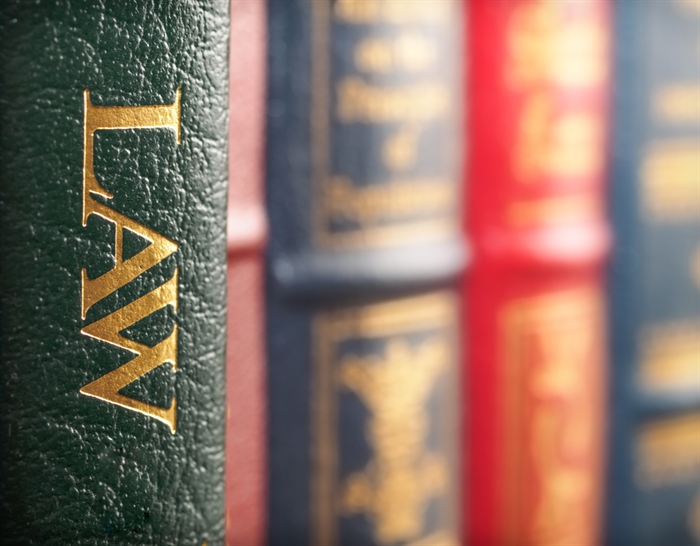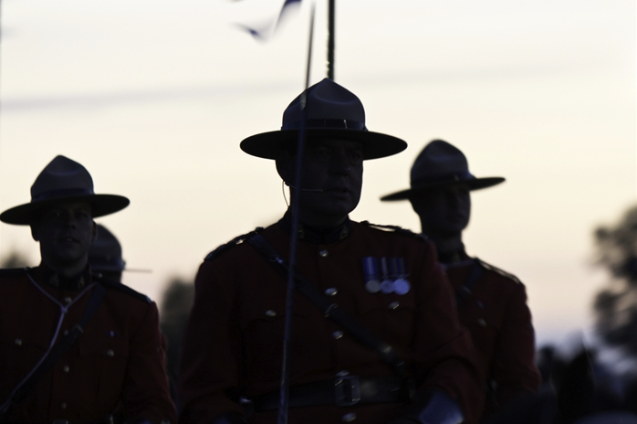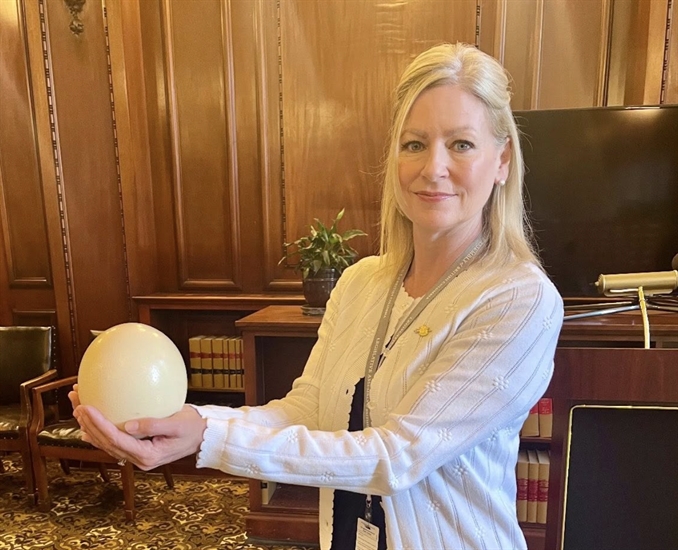
‘Unique and difficult:’ BC jury finds university professor guilty of sexual assault, but judge not convinced
CONTENT ADVISORY
A BC jury has convicted a university professor of sexually assaulting his former fiancée, although the judge in the case said there was not enough evidence to prove the sexual assaults had taken place.
The majority of the allegations were that the professor had had sex with his fiancée while she was asleep, and on one occasion he raped her in the kitchen of the couple’s home.
However, the judge called the allegations “wholly uncorroborated” saying the evidence raised considerable doubt of who could be believed.
According to a recently published Jan. 17, BC Supreme Court decision, it’s impossible to know what the associate professor actually did because of the way Crown prosecutors dealt with the file. Instead of charging the professor for each alleged sexual assault separately, the Crown lumped the roughly 20 allegations into one charge, which a jury then decided on.
As the jury didn’t give reasons for why an accused is guilty, the verdict gives no clarity as to what the associate professor did.
“Some jurors may have believed the kitchen incident to have been proven beyond a reasonable doubt, while others may have rejected that incident and have been satisfied of the first or multiple sleep assaults beyond a reasonable doubt, while others may have surmised that some form of nonconsensual intentional sexual touching likely would have occurred over the 18-month relationship,” BC Supreme Court Justice David Crerar said in the decision. “Had Crown proceeded with multiple counts, there may well have been an acquittal or a mistrial.”
Crerar said the circumstances of the case, along with the legal issues, made it “unique and difficult.”
The Crown’s move made it complicated for the justice to then decide what an appropriate sentence should be.
The justice said the only permissible finding is that the professor intentionally sexually touched the complainant without consent sometime during their relationship.
“The particular circumstances of the sexual assault are almost entirely hypothetical and acontextual. Specifically, the Court could not conclude, on the totality of the evidence, which raised reasonable and indeed significant doubt, that, apart from the complainant being the intimate partner of the accused, any aggravating circumstances, including forced or any penetration, or breach of trust in the form of sexual assault on the sleeping complainant, occurred,” the Justice said.
The victim’s name is covered under a court-ordered publication ban, and the professor’s identity along with the university where he taught are redacted in the decision.
The decision said that sometime in 2016, the associate professor met his former fiancée, who was a Phd student in another department, on a dating app.
The couple moved in together and lived with their combined three children for about a year and a half before the relationship ended.
Four and a half years later, the fiancée went to police with a prepared statement of what she said had taken place.
The professor was then charged with sexually assaulting his former fiancée, with many of the allegations taking place while she was asleep.
On several instances, she woke up and he was having sex with her. He stopped after he climaxed. On other occasions, she pretended to be asleep when it happened. On other occasions, she woke up the next morning with her underwear and clothes missing.
On another occasion, she says he came home at lunchtime and raped her in the couple’s kitchen.
The defence pointed out that parts of her testimony concerning her police interview were inaccurate or incomplete.
The Justice described some of it as “dead wrong.”
The defence also took aim at parts of her police report where she described statements as “my reality” based on “my recollections” of my “emotional experiences.”
She also described her mental health at the time as suffering from “derealisation” and “dissociation.”
“While self-harm, dissociation, and disconnection from one’s body can be associated with trauma, including trauma from sexual assault, they also pose evidentiary challenges with respect to reliability,” the Justice said. “In this case, these experiences arise in the context of testimony which has been shown unreliable through the corroborative contemporaneous evidence. They demonstrate, not that the complainant failed to remember details as a stereotypical ‘perfect victim’ might, but rather that the complainant’s capacity to accurately perceive, interpret, process, and recall events was imperfect, and may be inaccurate, by her own acknowledgement.”
“(She) admitted that her memories of even the first sleep sexual assault were vague. ‘I have an image (of the accused) but it’s vague. I can’t for sure say. I’m not 100% sure. I am not entirely sure I could see him. I don’t know,'” she had told the court.
She said roughly 20 sleep incidents took place, and repeatedly acknowledged that she could provide no precise details of these incidents, and that her memory was vague on most aspects.
“The defence questioned how anyone could repeatedly sleep through repeated acts of penetrative sexual intercourse,” the Justice said. “(She) had no memory of ever waking up to find the accused removing her clothing, or repositioning her legs, or lifting the duvet. (She) could not explain how the accused removed her pants and underwear, and repositioned her limbs, without waking her up, over these multiple occurrences.”
The decision said she was taking strong medication for migraines, sleep disorders and anxiety, which made her drowsy. However, she only started taking some of these drugs after the alleged sleep sex assaults began.
The Justice said other corroborative evidence was also lacking.
While she said he didn’t use a condom, she never mentioned any semen or mess after the alleged sleep sex assaults.
She said she discussed the sleep sex assault with the professor, who told her he was also asleep and it had happened to him in a previous relationship. However, she then withdrew the statement saying that she might have never discussed the incidents with him.
“For his part, the accused denied that the sleep assaults occurred, and that it was ever raised or discussed as a topic,” the Justice said.
The defence argued that there were many aspects that showed a reasonable doubt, and the Justice agreed.
However, the jury found him guilty of sexual assault.
His lawyer argued for a conditional discharge, meaning that provided he didn’t breach his probation he wouldn’t get a criminal record.
The professor submitted multiple character references, including one from an ex-partner saying she didn’t believe he would do such a thing.
Ultimately, Justice Crerar granted the professor a conditional discharge, saying the sentence aligned with the “inherently unknowable thought process of the jury.”
The Justice also noted that he regretted not pushing the Crown to divide the allegations into separate charges.
NOTE TO READERS: To connect with a victim service program or violence against women program call VictimLink BC at 1-800-563-0808. VictimLink BC provides information and referrals to all victims, as well as immediate crisis response to victims of sexual and family violence.
Join the Conversation!
Want to share your thoughts, add context, or connect with others in your community?
You must be logged in to post a comment.



















